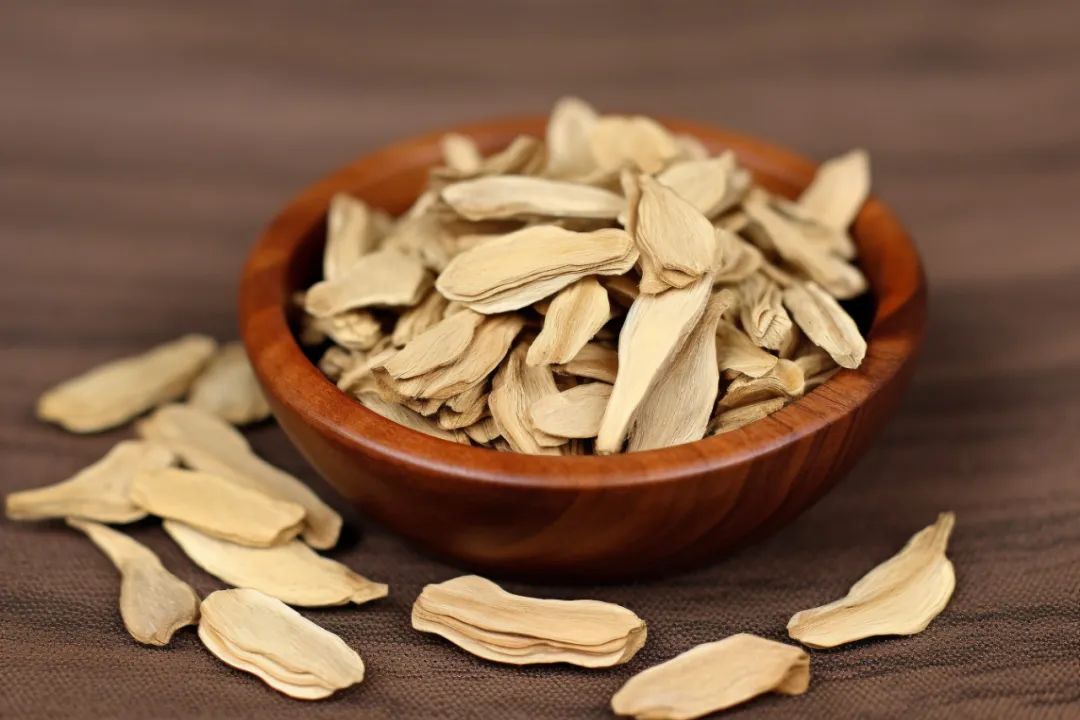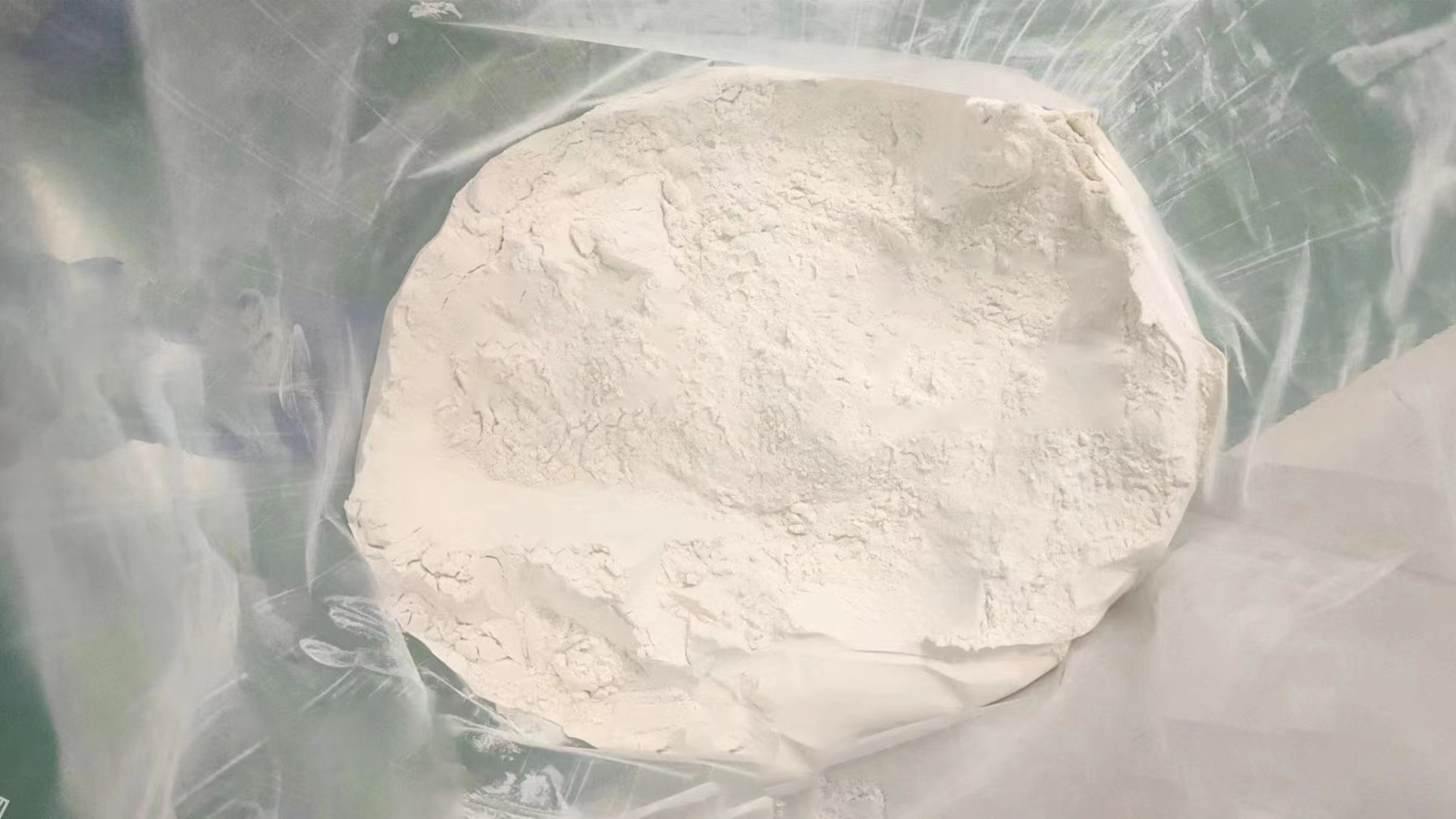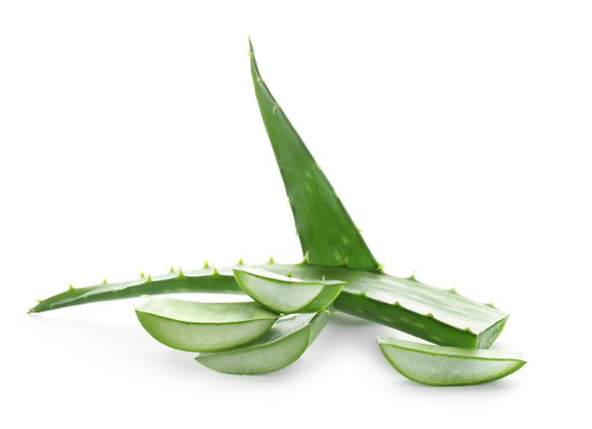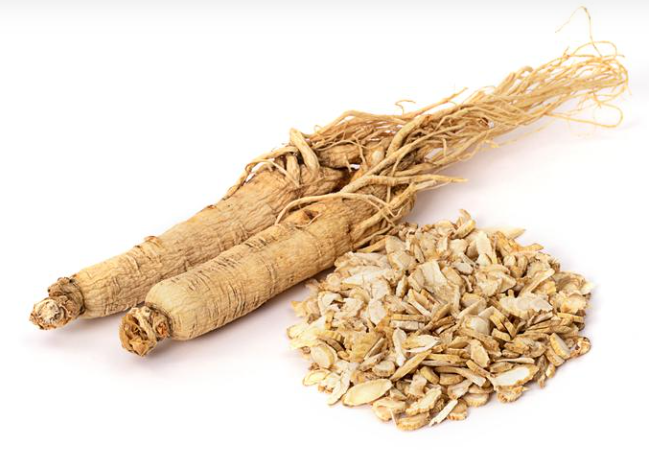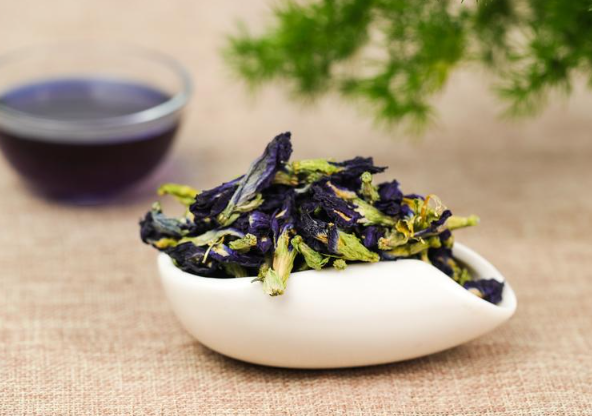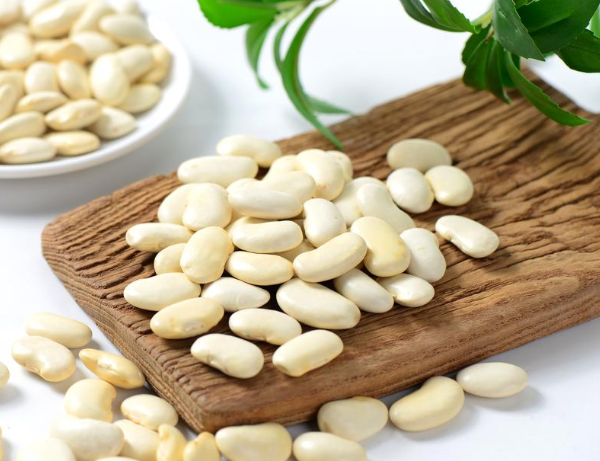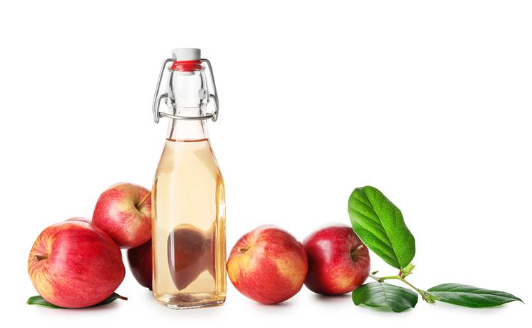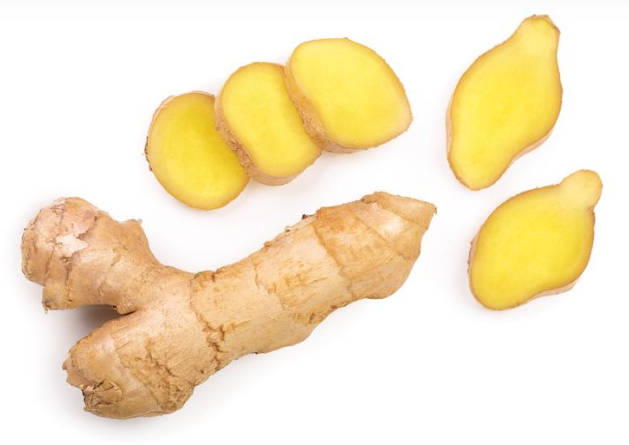Psyllium fiber is a type of soluble fiber that is derived from the seeds of the Plantago ovata plant. It has been used for centuries as a natural remedy for constipation and other digestive issues. However, in recent years, psyllium fiber has gained widespread recognition for its many health benefits.
Psyllium fiber is known for its ability to absorb water and become gel-like in the digestive tract. This helps to soften stool and promote regular bowel movements. It also helps to lower cholesterol levels and regulate blood sugar levels. Additionally, psyllium fiber can help with weight loss by promoting feelings of fullness and reducing appetite.
What is Psyllium Husk Fiber?
Psyllium husk fiber is the outer covering of the seeds of the Plantago ovata plant. It is a natural source of soluble fiber that is commonly used as a dietary supplement. Psyllium husk fiber is available in various forms, including capsules, tablets, and powder.
Psyllium husk fiber is a bulk-forming laxative. It works by absorbing water in the intestine, which helps to soften stool and promote regular bowel movements. It is also used to treat diarrhea, irritable bowel syndrome (IBS), and other digestive issues.
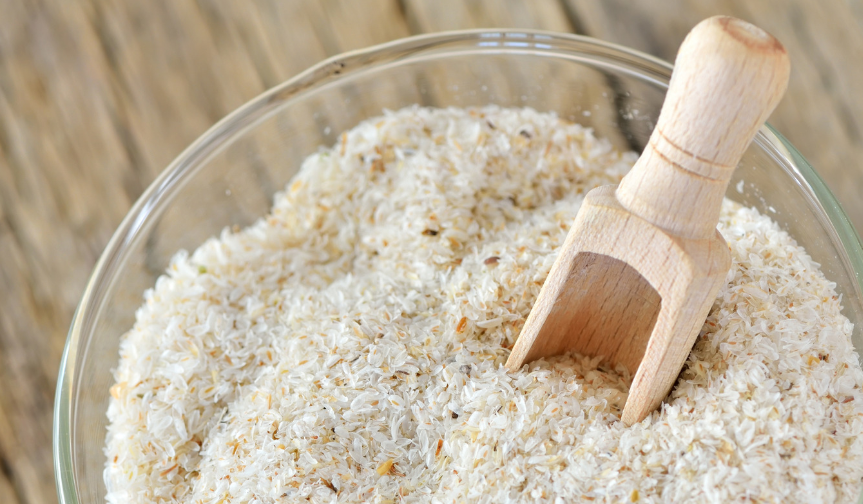
Health Benefits of Psyllium Husk Fiber
Psyllium husk fiber has many health benefits, including:
1. Promotes Digestive Health
Psyllium husk fiber is a natural laxative that helps to promote regular bowel movements. It also helps to reduce symptoms of diarrhea, constipation, and other digestive issues. Psyllium husk fiber works by bulking up the stool and absorbing water in the intestine, which helps to soften the stool and make it easier to pass.
2. Lowers Cholesterol Levels
Psyllium husk fiber is effective in lowering cholesterol levels, especially LDL cholesterol. It works by binding to cholesterol in the intestine and preventing it from being absorbed into the bloodstream. This can help to reduce the risk of heart disease and stroke.
3. Regulates Blood Sugar Levels
Psyllium husk fiber can help to regulate blood sugar levels by slowing down the absorption of carbohydrates in the intestine. This can help to prevent spikes in blood sugar levels and reduce the risk of developing type 2 diabetes.
4. Promotes Weight Loss
Psyllium husk fiber can help with weight loss by promoting feelings of fullness and reducing appetite. It works by absorbing water in the intestine and forming a gel-like substance that fills up the stomach, making you feel fuller for longer.
The Best Time to Take Psyllium Husk Fiber
Psyllium husk fiber can be taken at any time of the day. However, it is best to take it at the same time every day to promote regularity. It is also important to take psyllium husk fiber with plenty of water to prevent constipation and other digestive issues.
Psyllium Dosage: How Much Should You Take?
The recommended dosage of psyllium husk fiber varies depending on the individual and the specific health condition being treated. It is important to follow the recommended dosage on the label or as directed by your healthcare provider.
For constipation, the recommended dosage of psyllium husk fiber is 3-5 grams per day. For lowering cholesterol levels, the recommended dosage is 10-20 grams per day. It is important to start with a small dosage and gradually increase the dosage as tolerated.
Precautions When Taking Psyllium Husk Fiber
Psyllium husk fiber is generally safe for most people when taken as directed. However, there are some precautions that should be taken when using psyllium husk fiber.
1. Drink Plenty of Water
It is important to drink plenty of water when taking psyllium husk fiber to prevent constipation and other digestive issues.
2. Avoid Taking Psyllium Husk Fiber with Certain Medications
Psyllium husk fiber may interact with certain medications, including prescription medications and over-the-counter drugs. It is important to talk to your healthcare provider before taking psyllium husk fiber if you are taking any medications.
3. Don’t Take Psyllium Husk Fiber if You Have Certain Health Conditions
Psyllium husk fiber may not be safe for people with certain health conditions, including inflammatory bowel disease (IBD), bowel obstruction, and other digestive issues. It is important to talk to your healthcare provider before taking psyllium husk fiber if you have any health conditions.
Psyllium Husk Fiber vs. Other Fiber Supplements
Psyllium husk fiber is just one type of fiber supplement. Other types of fiber supplements include:
1. Inulin
Inulin is a type of soluble fiber that is found in many fruits and vegetables. It is commonly used as a dietary supplement and has been shown to have many health benefits, including improved digestive health and lower cholesterol levels.
2. Methylcellulose
Methylcellulose is a type of soluble fiber that is derived from plant cellulose. It is commonly used as a dietary supplement and has been shown to have many health benefits, including improved digestive health and lower cholesterol levels.
3. Guar Gum
Guar gum is a type of soluble fiber that is derived from the seeds of the guar plant. It is commonly used as a dietary supplement and has been shown to have many health benefits, including improved digestive health and lower cholesterol levels.
Psyllium Husk Fiber Recipes
Psyllium husk fiber can be incorporated into many different recipes, including:
1. Smoothies
Psyllium husk fiber can be added to smoothies to increase fiber intake and promote digestive health. Simply add a teaspoon of psyllium husk fiber powder to your favorite smoothie recipe.
2. Baked Goods
Psyllium husk fiber can be used in baked goods to increase fiber content and promote digestive health. Simply substitute a portion of the flour in your favorite recipe with psyllium husk fiber powder.
3. Oatmeal
Psyllium husk fiber can be added to oatmeal to increase fiber intake and promote digestive health. Simply add a teaspoon of psyllium husk fiber powder to your favorite oatmeal recipe.
Try incorporating psyllium husk fiber into your daily routine to experience the many health benefits. Talk to your healthcare provider to determine the best dosage and form of psyllium husk fiber for you.





